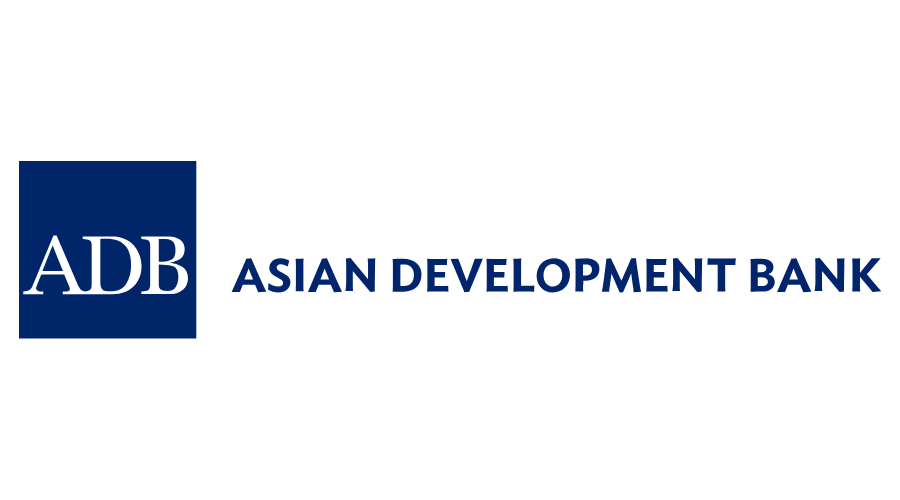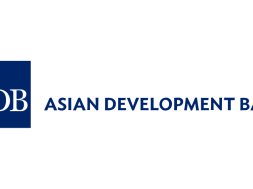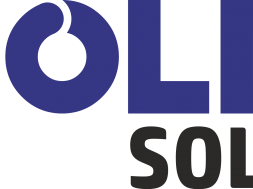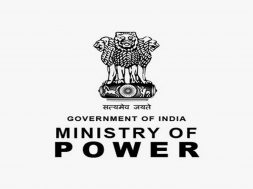
In Short : The Asian Development Bank (ADB) and the United Nations have partnered to design climate insurance solutions for businesses in Fiji. The initiative aims to provide financial protection against climate risks, ensuring resilience for enterprises impacted by natural disasters. This collaboration will strengthen Fiji’s economic stability while promoting sustainable development and supporting vulnerable communities reliant on local businesses.
In Detail : SUVA, FIJI — The Asian Development Bank (ADB), the United Nations Capital Development Fund (UNCDF), and the UN Development Programme (UNDP) will help create an insurance market for micro, small, and medium-sized enterprises (MSMEs) in Fiji that are increasingly threatened by extreme weather.
Supported by $950,000 in technical assistance from the Asia-Pacific Climate Finance Fund (ACliFF), the initiative will research the insurance landscape for small businesses in Fiji, and work with local insurance providers to develop and test pilot products. The initiative builds on the work of the Pacific Insurance and Climate Adaptation Programme (PICAP), which provides parametric insurance to vulnerable communities in the Pacific.
“With small businesses making up such a significant proportion of the Fijian economy and workforce, it is essential to protect this sector,” said ADB’s Pacific Subregional Office Regional Director Aaron Batten. “This initiative will help lay the foundation for a domestic insurance market specifically designed to meet the needs of these businesses and support climate resilience across critical sectors of the Fijian economy.”
Parametric insurance is a form of index-based insurance that pays out when pre-agreed trigger conditions are met, such as rainfall thresholds or wind speeds. With simple rules and pre-approval—there’s no need to prove actual losses—parametric insurance can help insulate vulnerable communities from climate hazards by providing fast, pre-defined payouts.
MSMEs account for more than 80% of Fijian businesses and employ more than a quarter of the workforce, according to the Fiji Bureau of Statistics. But the sector remains highly vulnerable to extreme weather, with limited access to tailored insurance solutions that can support recovery and build resilience.
ADB’s Country Partnership Strategy for Fiji for 2024–2028 supports the country’s resilience to economic and climate-related shocks, and is aligned with the objectives of PICAP to build the financial preparedness of low-income households against natural hazards. PICAP is jointly implemented by UNCDF, UNDP, and the UN University’s Institute for Environment and Human Security.
“This innovative approach empowers MSMEs in the world’s toughest economies to flourish, strengthen resilience, and foster sustainable development that uplifts communities and leaves no one behind,” said UNCDF Executive Secretary Pradeep Kurukulasuriya.
“UNDP is proud to partner in strengthening the resilience of MSMEs,” said UNDP Resident Representative for the Pacific Office in Fiji Munkhtuya Altangerel. “This initiative supports our broader efforts across the Pacific to promote risk-informed development, harness digital innovation, and accelerate progress.”
ACliFF is a multi-donor trust fund established in April 2017. It seeks to support the development and implementation of financial risk management products that can help unlock capital for climate investments and improve resilience to climate impacts.
ADB is a leading multilateral development bank supporting inclusive, resilient, and sustainable growth across Asia and the Pacific. Working with its members and partners to solve complex challenges together, ADB harnesses innovative financial tools and strategic partnerships to transform lives, build quality infrastructure, and safeguard our planet. Founded in 1966, ADB is owned by 69 members—50 from the region.












